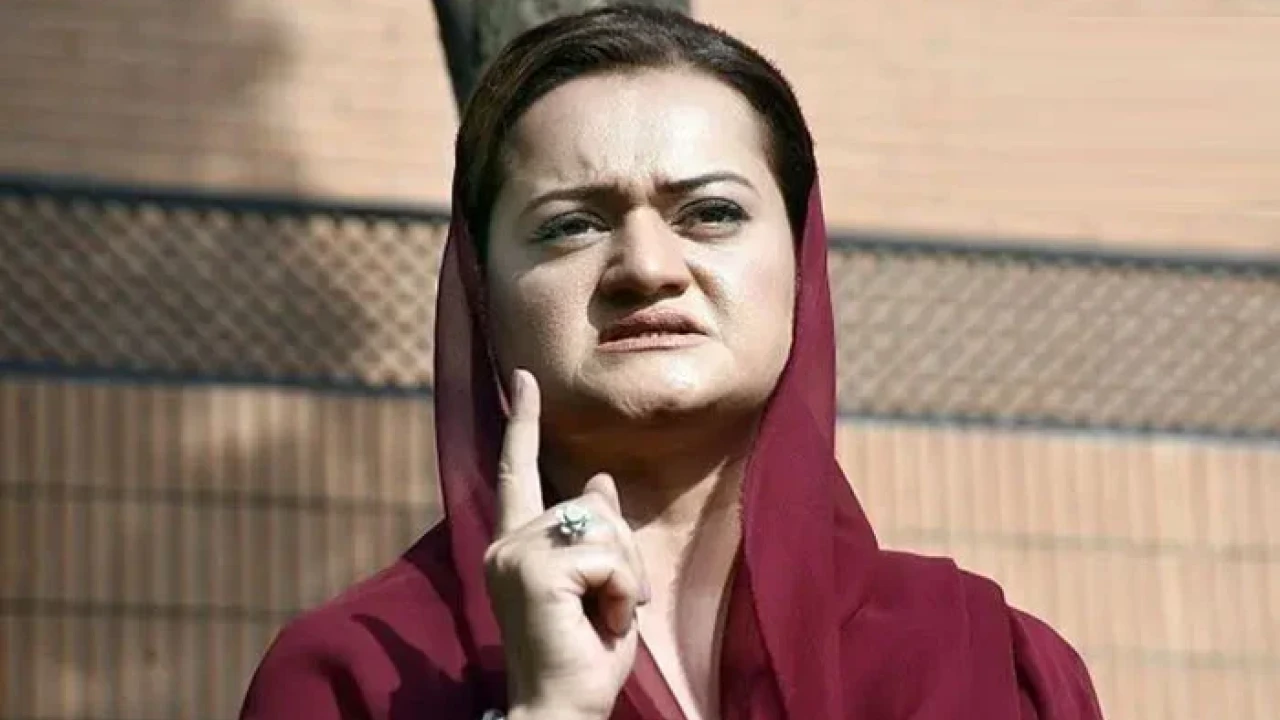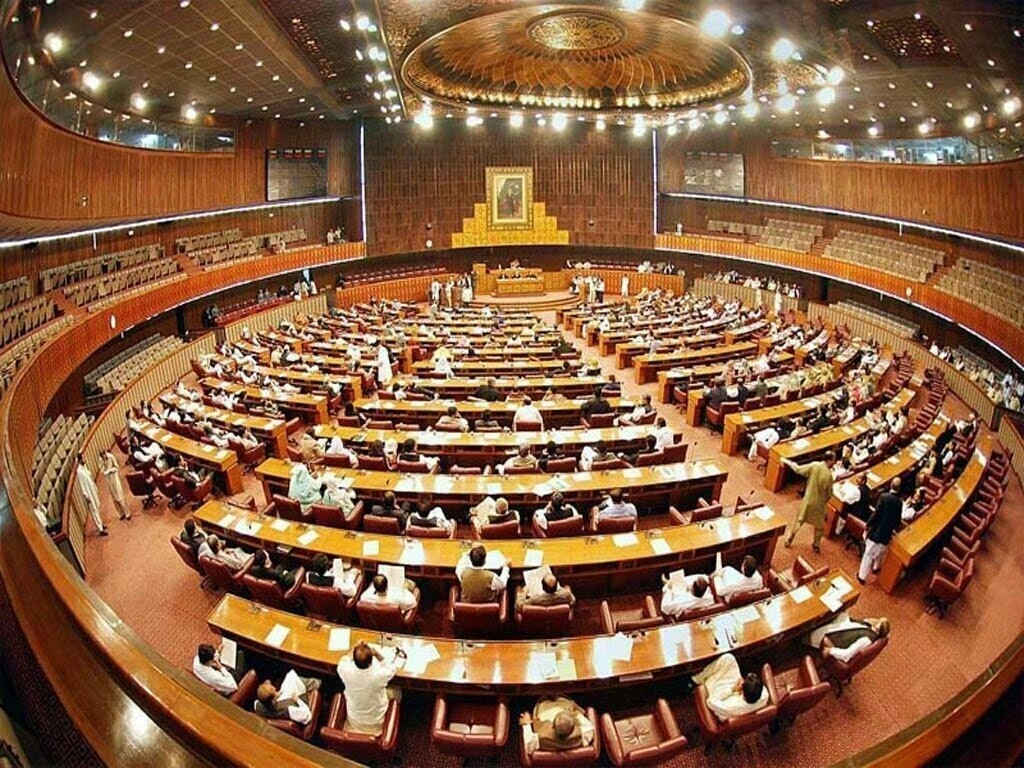The government’s draft for the proposed 26th Constitutional Amendment has emerged, shedding light on significant changes aimed at reforming the judiciary and the political structure of the country. Consisting of 12 pages and 24 key points, this amendment proposes a number of changes related to the formation of constitutional divisions within the judiciary, as well as reforms to how key government and judicial appointments are handled.
Establishment of a Constitutional Division in the Supreme Court
One of the central aspects of the proposed amendment is the creation of a “Constitutional Division” within the Supreme Court, replacing the previously discussed concept of a “Constitutional Court.” According to the draft, the new Article 191A establishes the constitutional division, with the number of judges determined by the Judicial Commission of Pakistan. An important provision is that each province will have equal representation, where possible, in the number of judges chosen for the division.
This division would be responsible for handling cases related to constitutional matters, ensuring that such important issues are dealt with by the highest and most senior members of the judiciary. The amendment specifies that a three-member bench of this constitutional division would handle the original jurisdiction cases, presidential references, and constitutional appeals.
Limits on Suo Moto Powers
The draft also addresses the issue of suo moto powers, which allow courts to take action on matters of public interest without a formal complaint. According to the text, the High Courts will no longer have the authority to take suo moto notices. This power will be restricted to the Constitutional Division of the Supreme Court, and a three-member bench of the division will have the authority to hear such cases. This is seen as an attempt to streamline the handling of important cases and reduce the possibility of judicial overreach by lower courts.
Changes to the Judicial Commission
The composition of the Judicial Commission, which plays a critical role in the appointment and reappointment of judges, is also set to undergo changes. While the existing members of the commission are retained, the proposed amendment adds four new members from the Parliament. This move aims to increase parliamentary oversight in judicial appointments, providing lawmakers with a more significant role in shaping the judiciary.
Additionally, the text of the amendment specifies that one-third of the members of the commission will have the right to request the chairperson to convene a meeting in writing. If the chairperson fails to do so within 15 days, the secretary will have the authority to convene the meeting within 7 days. This change ensures that important judicial matters are not delayed due to administrative bottlenecks.
Re-Appointment and Extension of Military Chiefs
Another notable proposal in the amendment is related to the reappointment and extension of key military positions, including the Chairman of the Joint Chiefs of Staff and the Chiefs of Services. The proposed eighth schedule of the Constitution offers constitutional protection to the rules governing these appointments. Under the new provisions, any changes to these rules will require a constitutional amendment, making it more difficult to alter the tenure or reappointment processes for these high-ranking military officers.
Term Limits for the Chief Justice
The amendment also introduces a change to the tenure of the Chief Justice of Pakistan. As per the draft, the term of the Chief Justice will be limited to a maximum of three years. Additionally, if the Chief Justice is under the age of 65, they will still be required to retire at the end of their term, effectively capping both the length of service and the retirement age. This is seen as a move to ensure regular turnover and prevent the concentration of judicial power in one individual for an extended period.
Dual Citizenship and Political Eligibility
One of the most politically significant aspects of the proposed amendment is the revision to Article 63, which currently disqualifies individuals with dual citizenship from holding political office. The new draft proposes making dual citizens eligible to contest elections. However, if they are elected, they will have to renounce their foreign citizenship within 90 days of taking office. This change is likely to attract mixed reactions, as it opens the door for many overseas Pakistanis to participate in the political process, but also requires them to make a significant personal decision regarding their citizenship.
Amendment to Article 63A: Disqualification of Defected Lawmakers
The draft also proposes an amendment to Article 63A, which deals with the disqualification of lawmakers who defect from their party’s official stance during voting on key issues, such as constitutional amendments, votes of no confidence, or budgetary bills. The proposed changes aim to further tighten the rules around defections, preventing lawmakers from voting against their party’s directives. This measure seeks to ensure party discipline and prevent political instability caused by defections.
Challenges in Passing the Amendment
Passing a constitutional amendment in Pakistan is no small feat. It requires a two-thirds majority in both houses of Parliament, meaning the government needs at least 224 votes in the National Assembly. Given the current political dynamics and the presence of opposition parties, securing enough votes to pass the 26th Constitutional Amendment will be a significant challenge for the ruling party.
The proposed 26th Constitutional Amendment is a wide-reaching and ambitious reform package that aims to make significant changes to the judicial system, military appointments, and political eligibility in Pakistan. By creating a Constitutional Division within the Supreme Court, limiting suo moto powers, and revising key aspects of judicial and military appointments, the amendment could reshape the country’s governance structure. However, the success of these reforms will depend on the government’s ability to secure enough political support to pass the amendment through Parliament. If passed, the 26th Constitutional Amendment could have long-lasting implications for the political and judicial landscape of Pakistan.



